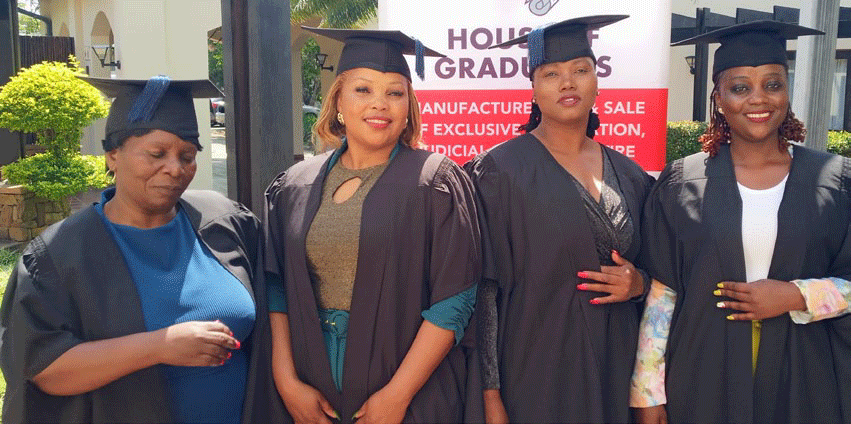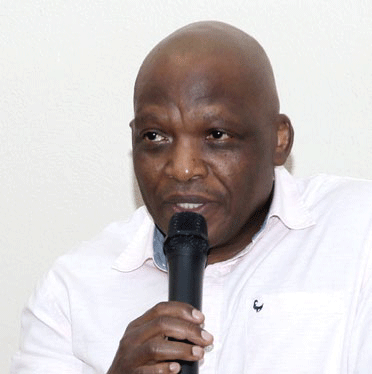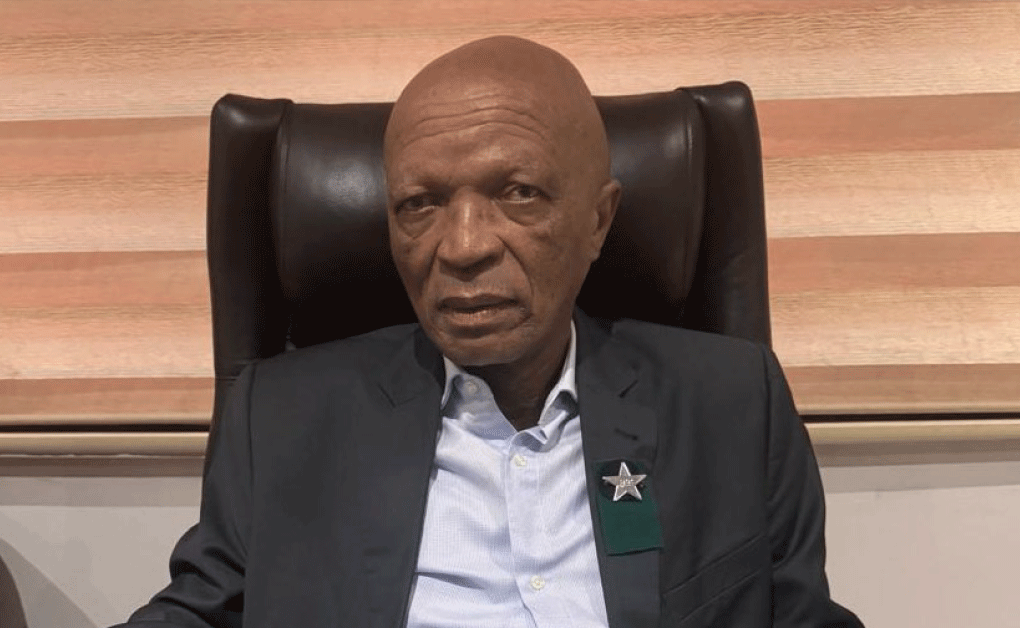Toyota South Africa has assured the taxi industry that more resources will be made available to continue to fund training programmes aimed at supporting the taxi operators with both business and technical skills in an effort to enhance their personal development and operations. The training programme was supposed to end 2021 but was renewed to continue until end of 2025.
The training programme was supposed to end 2021 but was renewed to continue until end of 2025.
Parks Moraladi, Senior Manager: Tender & Taxi Business says this was made because of the overwhelming response and results from this training initiative.
“Considering the response and impact the Ses’fikile programme have had in the taxi industry it was only natural that we review our plans to allow the programme to run
again. The training programme runs in cycles of 3 years. The last 3 years ended 2022 – we then added another 3 years to end 2025,” Moraladi explained.
He said despite last year’s challenging trading conditions that affected the motor industry in its entirety, the taxi sector remains resilient.
“We are hopefully that this year things are going to change the economy for the better.
“We have seen how Toyota fully engaged with taxi industry in resolving current challenges posed by spotters, fraudulent transactions, banks reluctance in finance
taxi industry amongst other things. We have seen satisfactory progress made including engagement with banks, also holding regular meetings with the taxi industry.”
Moraledi says the enthusiasm that the taxi industry has shown to embrace the training programmes has motivated the company to do more.
“We are humbled beyond measure by the unexpected support, particularly by the active engagement and participation of the taxi industry in all the training programmes we’ve put in place for the industry,” he said.
He added that the training programmes have also helped lay a foundation for the taxi industry to unite as a single force to speak with one voice on issues affecting taxi operators as a whole.
Moraladi further explained that the Ses’fikile training programme has not only improved individual skills but has also brought the industry closer together. Participants from different taxi organisations, such as South Africa National Taxi Council (SANTACO) and the National Taxi Alliance (NTA), are trained together, promoting unity in the industry.
“When we launched the Ses’fikile training programme one of the objectives is to foster taxi industry unity through training. During the implementation of the training
programmes, we took a decision that we are not going to have separate training sessions and classify taxi operators according to which taxi mother bodies do they belong to.
“This programme has helped the industry speak with one voice on issues that affect all taxi operators. We saw participants from both Santaco and NTA sitting under the
same roof united as one.
“There is no doubt that this approach promotes social cohesion and harmony in the classrooms and the industry. There’s no doubt that this approach promotes social cohesion and harmony in the classrooms and the industry as a whole – as they graduated as one class of 2024,” he said.
Patrick Carroll General Manager: Vehicle Sales at Toyota says the taxi industry deserves the support the vehicle manufacturer has given though various initiatives that they have implemented overs the years to empower the taxi industry including promoting road safety campaigns, sponsorships and training programmes.
“The taxi industry can always bank on the support of Toyota as they deserve it. We have over the years since the programme started in 2016 witnessed how taxi operators progressed from the basic management training to the advanced management programmes with consistency as they performed better obtaining distinctions during assessment examinations.”
He added: “An empowered taxi industry is good for the economy.” Professor Melanie Wiese, University of Pretoria, taxi industry’s training course leader, says the training programme has been an eye-opener for her and the staff.

“What I did not anticipate was that not only the delegates would gain knowledge and skills but also that facilitators would gain invaluable insights from delegates themselves,” Wiese enthused.
“It has been a privilege to be part of the shared dream of the taxi industry and Toyota.
“It was humbling to see the personal growth of delegates from being sceptical and insecure at the start of the training to confident leaders with a voice to help improve the industry,” she said.
National Taxi Alliance (NTA) President, Francis Masitse singled out Toyota’s long-standing support as historic and a sincere partner of the taxi industry.
“What Toyota South Africa is doing in the taxi industry is of unquestionable commitment to advance the taxi industry. This relationship between Toyota and us
come a long way.
“We now have more qualified taxi operators trained by highly qualified facilitators from the University of Pretoria,” Masitse pointed out.
Mpumalanga Santaco Secretary, Simphiwe Sibanyoni says the beneficiaries of the Toyota’s Ses’Fikile Training programme are going to apply and share their knowledge gained during the training with associations and youth structures.
“The training programme has made an enormous difference on how taxi operators approach their businesses as owners and administrators from management point of view. Our delegates have learned a lot of things in an environment where courses were taught by highly qualified professionals from the University of Pretoria,” Sibanyoni said.
KZN Santaco Office Manager, Sifiso Shangase says the industry is benefitting from Toyota’s training initiative as more taxi operators and office administrators participate successfully.
“Toyota should continue giving back to the industry through this type of initiatives as we have seen how popular amongst our members this training programme has become.
“It has played a critical role in transforming the minibus taxi industry in the offices and regions were the participants or trainees where deployed. We have seen positive results and the progressive as a result of various interventions emanated from these individuals who have studied through this course. We also appreciate the amount of money that has been contributed by Toyota South Africa towards this initiative,” Shangase said.
He too added his voice to the need for a technical training orientated programme for mechanics.
“We would also like to see our mechanics included in the future in the training programmes that aims to expose and upskill them to the latest technical knowledge through advanced training to service our members’ vehicles better and qualitatively.
“These mechanics can benefit immensely, and the advantage is that these vehicles are being assembled in KwaZulu-Natal, Durban,” Shangase said.
He added: “we are concerned about the uncertainty about the training programme ending, as the 2025 intake is reported to be last before the training programme is phased out,” he said.
Future Training Programme
Moraladi reiterated that Toyota has heard the loud calls from the industry to introduce technical training programmes for informal mechanics operating within the taxi industry.
“Toyota is busy planning and looking at putting in place another training programme aimed at enhancing and reskilling informal mechanics.
“These mechanics plays an important role in making sure that taxis are not only fixed when broken but are an integral part of the ecosystem. These informal mechanics deserve to be empowered in an effort to formalize, professionalise them through certification as we respond to needs of the industry.” he promised.
The class of 2024 graduation events started on the 03 October covering Western Cape, Free State, KwaZulu-Natal, Free State, Mpumalanga and with the last lap of the graduation ceremony taking place in Gauteng’s Gallagher Estate’s Midrand on the 6th of December.
To date the training programmes enrolled more than 1563 delegates from 2016 to 2024.



